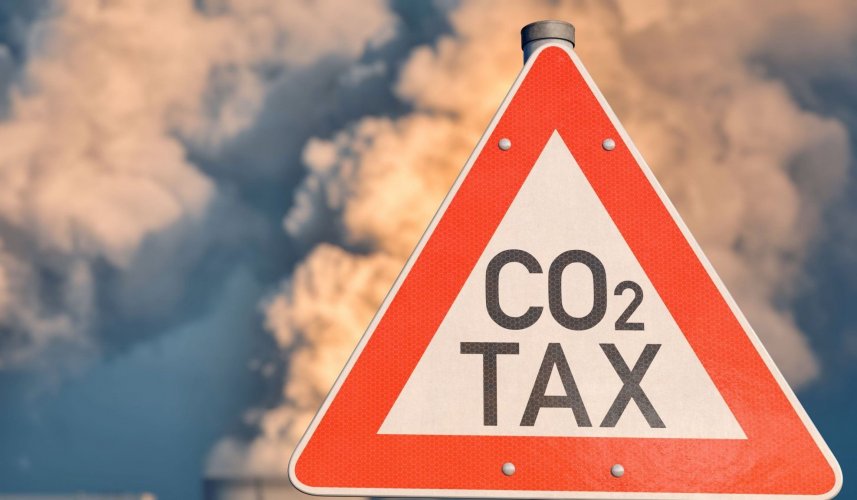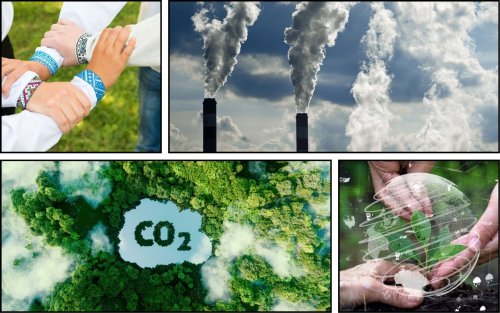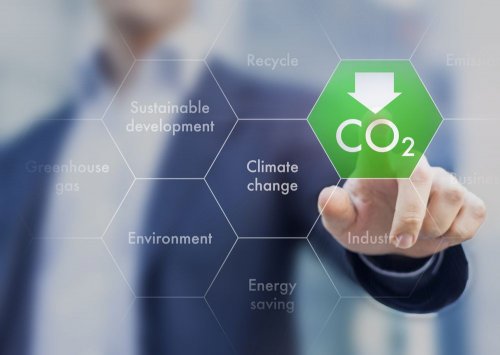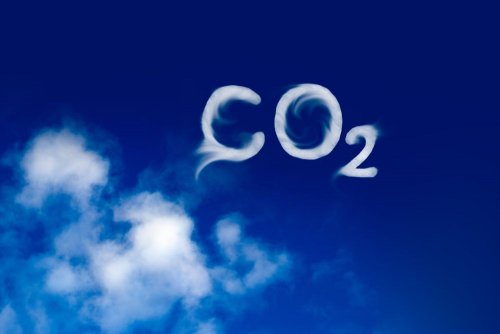Business representatives said that Ukraine will need at least 10 years to create a market for trading carbon emissions quotas.
Due to the full-scale war, the receipt of the first real data on emissions from enterprises, which is the basis for the development of the market for trading quotas, has been delayed, reports the European Business Association.
This happened during the final session of the project "Supporting the implementation of the trading scheme for greenhouse gas emissions (GHG) in Ukraine".
It is noted that due to the war, the economy of Ukraine suffered irreparable losses in key sectors. Thus, industrial production decreased by 70%, in particular due to:
- serious damage and destruction of energy infrastructure;
- the collapse of the metallurgical industry, the main enterprises of which are destroyed, temporarily occupied or working at 50% of their capacity.
"Such an effect of military actions forces us to look at the implementation of Ukraine's obligations in the field of combating climate change in a different way," the article emphasized.
The EBA emphasized that due to the war, greenhouse gas emissions in 2022 in Ukraine increased by 23% compared to 2021, which was discussed at the Climate Summit COP27. However, the fate of emissions from the most energy-intensive industrial sectors, which were traditionally considered the main emitters of CO2, is no longer key in the issue of Ukraine's climate obligations.
"Despite the difficult economic situation, business continues to support the need to introduce the quota trading market in Ukraine as a civilized and proven tool for reducing emissions from economic activity," the authors emphasized.
They emphasized that there are currently difficulties with the implementation of the first stage of this reform - the work of the monitoring, reporting and verification (MRI) system. There are fears that in order to submit data as part of the CBAM carbon border adjustment mechanism, which will be introduced in the EU from October 1, 2023, Ukrainian exporters will have to undergo additional verification.
"Because of the war, we actually delayed for a year the receipt of the first real data on emissions from enterprises, without which it is impossible to develop a model of the quota trading market," the EBA emphasized.
It is noted that European enterprises needed about 20 years for "green" modernization, for which they received more than €600 billion. However, some enterprises are still in the process of modernization. In addition, European enterprises could take loans from banks at 2-4%. In Ukraine before the war, the loan rate exceeded 15-20%, and now it is almost impossible to get such financing.
The article emphasized that business supports the creation of a quota trading market by analogy with the EU, which will lead to the creation of a common legal field in this area.
"At the same time, it is worth focusing on the essence of such a system (sufficient time frame, availability of funding sources, realism of transformations, etc.), and not only on the formal implementation of the system without considering the consequences," the authors emphasized.
Earlier, EcoPolitic wrote, that in 2023, legislative initiatives regarding the national ETS (trading system for greenhouse gas emission quotas) should be developed in Ukraine.
As EcoPolitic previously reported, the price for carbon emissions in the EU reached a record high level on February 20, approaching €100 per ton.





